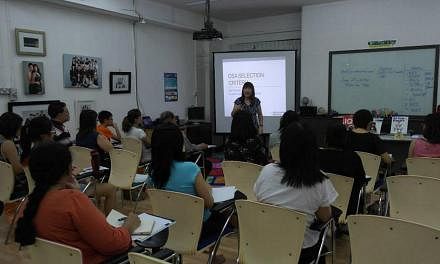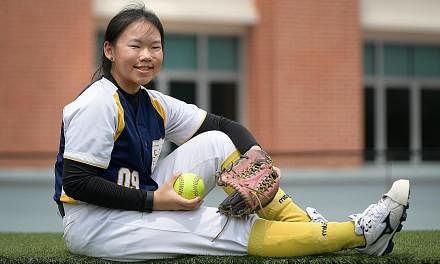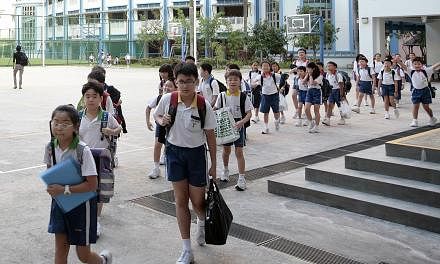The tweaks to the Direct School Admission (DSA) system will help encourage diversity among schools if they go hand in hand with more outreach efforts.
Observers have highlighted how the system had, in the past, played a part in the emergence of "parentocracy" - in which the economic backgrounds of parents play a disproportionate role in giving their children an advantage in order to secure places in coveted schools.
According to the Ministry of Education (MOE), 60 per cent of pupils who secured places through DSA from 2010 to 2015 live in Housing Board flats. This compares with 81 per cent of Singaporeans overall who reside in HDB flats, as of 2015.
National Institute of Education don Jason Tan said that instead of coming up with new rules and regulations for an active minority of parents who try to use the DSA system as a "back door", more can be done to help other families who are unaware of the scheme, or unable to take advantage of the opportunities that it offers.
"A heavy burden falls on primary schools to inform parents about DSA, and what the programme means for pupils in terms of nurturing and developing their talents and interests," Professor Tan said.
Some primary schools have stepped up efforts to reach out to a wider pool of pupils from various backgrounds.
Mrs Lim-Chua Siow Ling, principal of Mayflower Primary School, said the school used to hold a briefing about the DSA for parents of pupils in Primary 5 and 6, and only secondary schools that were more sought after were invited. But last year, a more diverse group of 12 secondary schools, including those in the heartland, was invited. It was usually pupils from top classes who chose to attend these talks. But from last year, attendance was made compulsory for all of the school's 200 or so Primary 6 pupils. Primary 5 pupils were also urged to attend.
"The response from the pupils was very good," said Mrs Lim. "They thought that DSA was for top pupils, but didn't realise that more schools have DSA options for things like leadership, uniformed groups, among others."
She added that primary schools can also teach pupils how to curate their portfolios when applying for DSA. "Brighter kids (tend to) have better home support, but this can be a stumbling block for other children who are considering (non-academic) options."
Sociologist Paulin Straughan suggested that popular schools should be appraised by the MOE based on how well they manage the task of attracting students from diverse backgrounds. She also said schools that admit academically weaker students need to be committed towards helping them in their studies.





